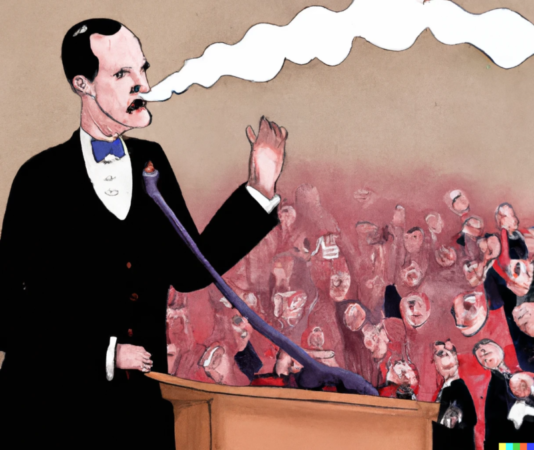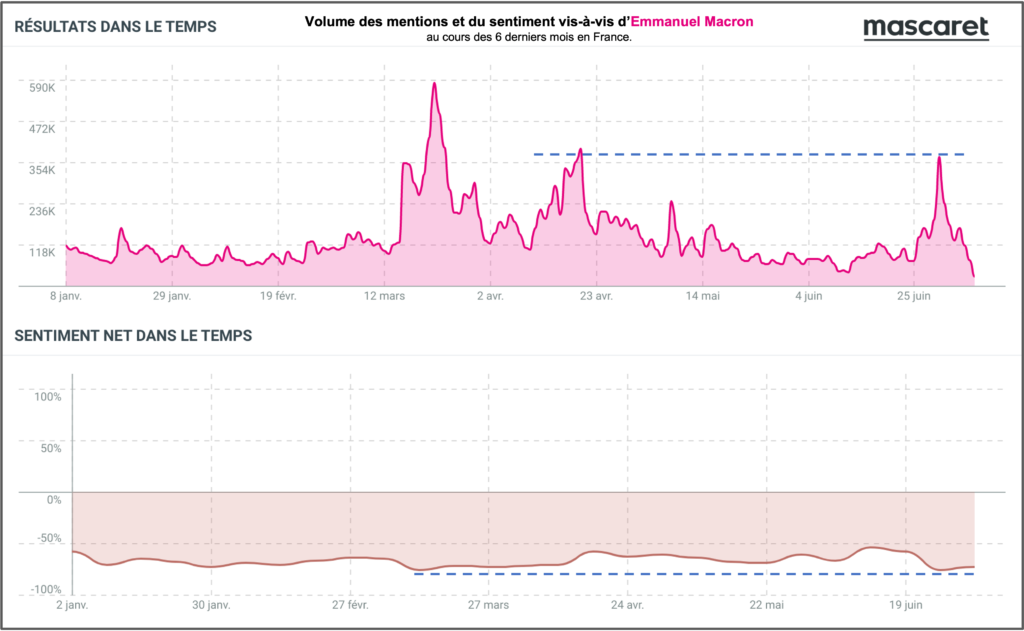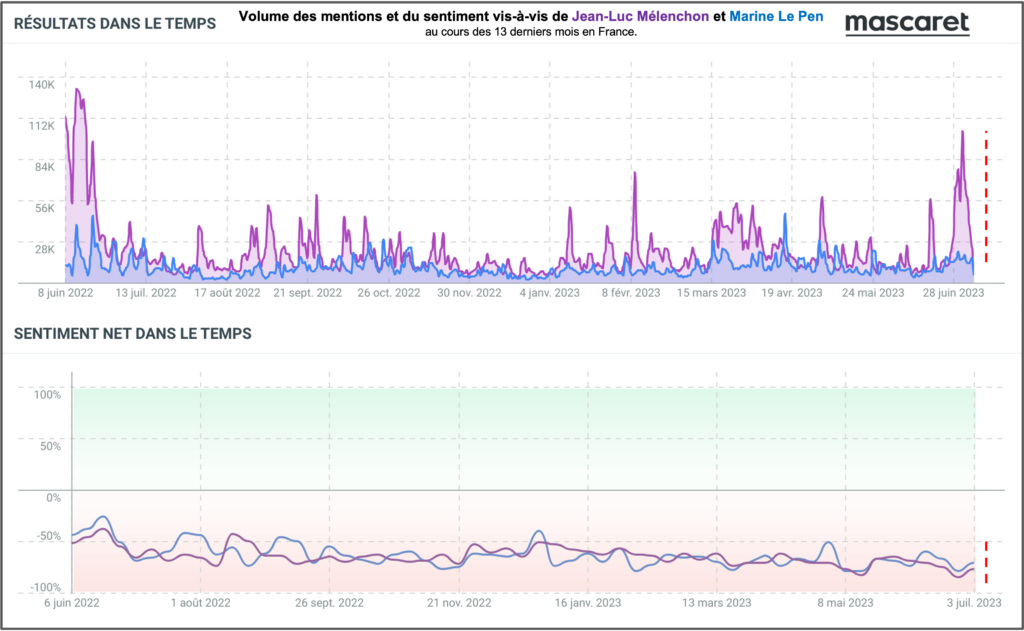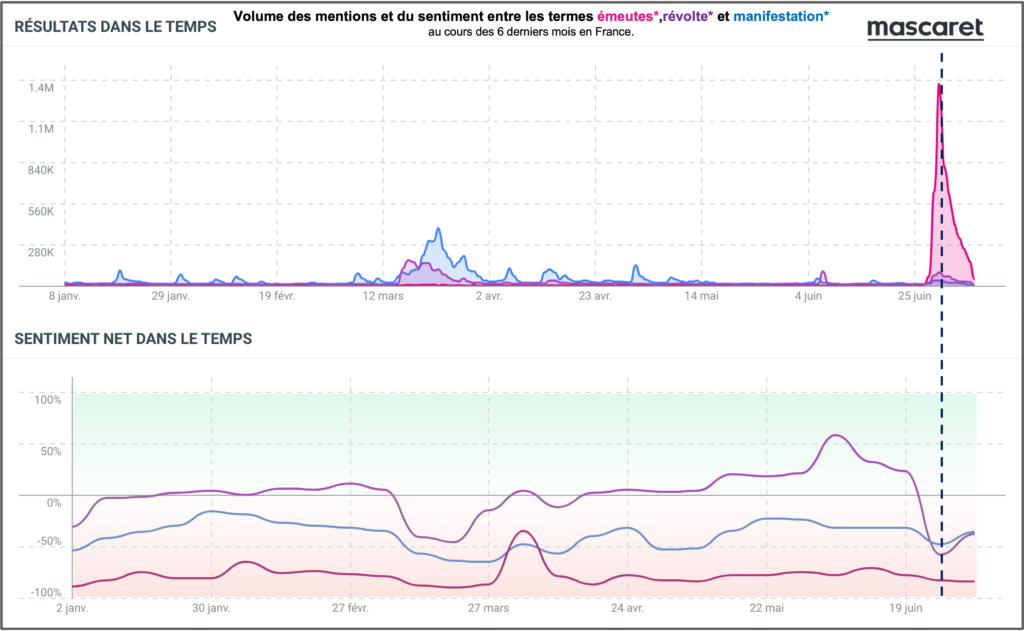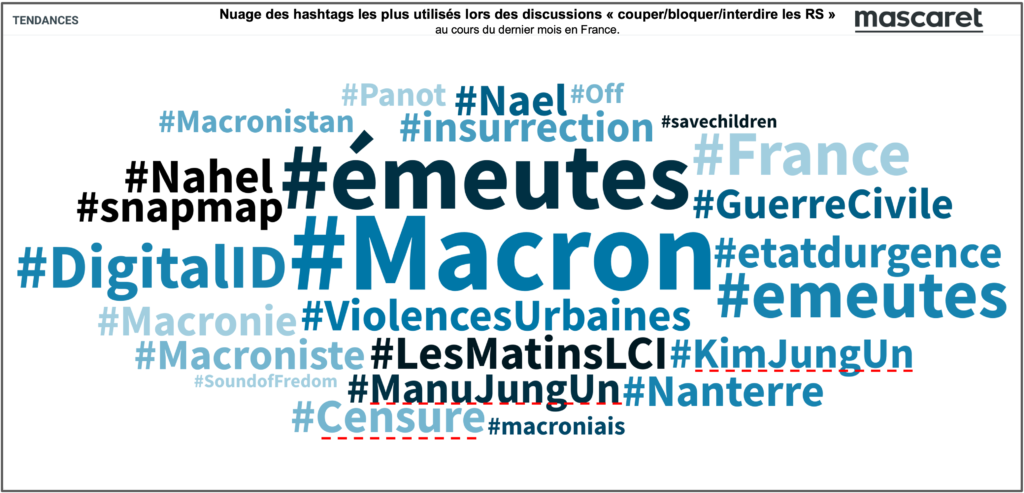Mascaret (formerly Dentsu Consulting) and its partner ODOXA bring you an innovation barometer to better understand the French’s relationship with artificial intelligence.
Research and healthcare are the main areas in which the French have the greatest expectations of AI. The two complementary fields are seen as necessary for the development of societies. Health was the subject of much debate during the Covid-19 pandemic. The advent of AI in the wake of a health crisis could fuel hopes of reforms made possible by this technology.
Today, the AI race is of interest to the general public. However, mistrust remains: 64% of those questioned said they neither trust nor believe in the ethics of AI-created content. Nevertheless, they feel that this new technology needs to be regulated, and support the EU’s intention to do so.
One question keeps coming up, though: why is AI a topic that has exploded in the year 2023?
AI has become tech’s star subject. It is being mentioned more and more: less than 5,000 mentions per day in 2022, compared with an average of 10,000 today. Its media peaks are also four times higher than last year.
The popularization of AI has not been driven by experts, but by “recurring topics that are popular with the general public”. In particular, language models such as ChatGPT have contributed to the democratization of this technology, offering applications that are accessible to all. But the popularization of AI has also been driven by influencers who have seized upon it, primarily on TikTok and YouTube!
According to our analysis of public opinion and social networks, AI is most often associated with work! Recurring questions raise the question of the substitutability of humans for machines, and the risk that AI poses to our jobs.
For an even more detailed analysis, see the full barometer below!


